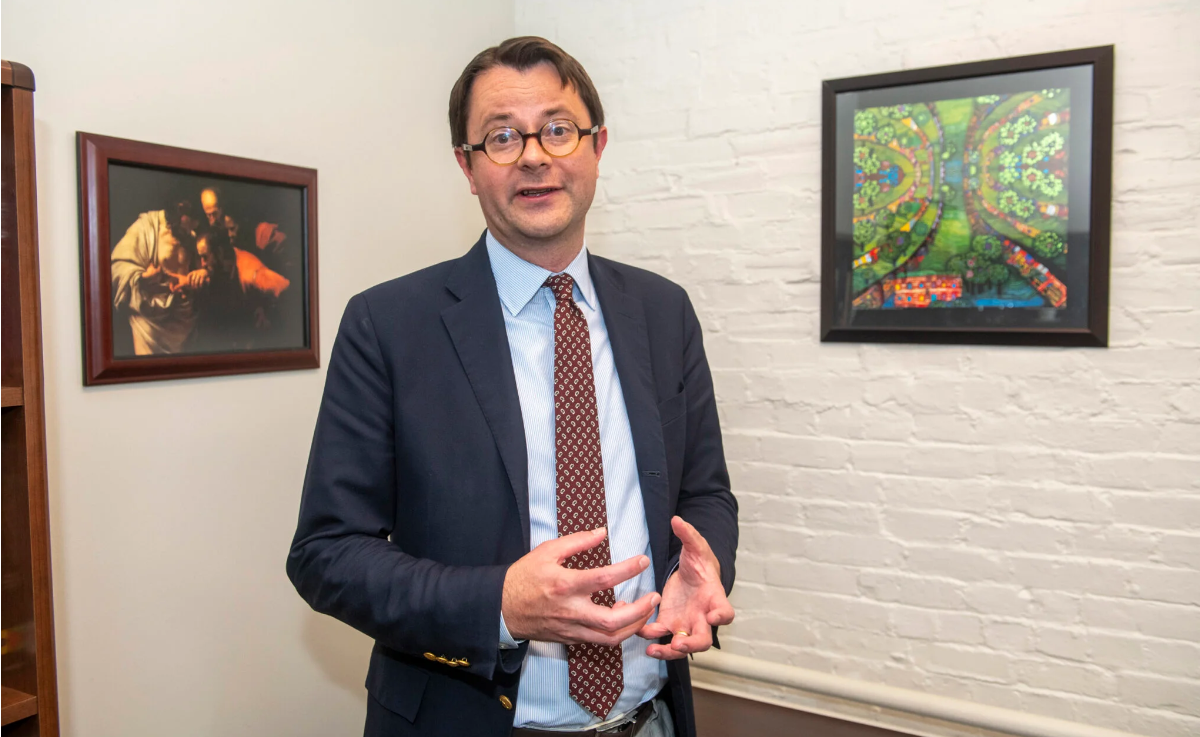In a recent article in the Harvard Gazette, Tyler VanderWeele, the John L. Loeb and Frances Lehman Loeb Professor of Epidemiology at the Harvard T.H. Chan School of Public Health explores some of the factors contributing to the recent low life satisfaction readings among America’s young adults. While middle age has previously been identified as a time of a decline in life satisfaction, surveys carried out as part of the study indicated that by 2022, those 18 to 25 felt they were worse off across every dimension of well-being looked at — happiness, health, meaning, character, relationships, and financial stability. VanderWeele, senior author of the study, says the results reflect not just a longer-standing mental health crisis that predates and was worsened by the pandemic, but a broader crisis in which younger Americans perceive not just their mental but also their physical health, social connectedness, and other measures of flourishing as worse than other age groups. The study highlights the interconnectedness of the domains that affect the sense of well-being, a quality important for identifying both causes and solutions for the problem. The pandemic appears to not only have contributed to a decreased sense of physical health among young adults, but also to a decline in social connectedness, exacerbated by underlying factors including economic insecurity and lack of opportunities, political polarization, and reduced participation in community-building institutions. According to VanderWeele, addressing the mental health crisis in young people will therefore require not only a broad approach that incorporates social, economic, and health policy but also an emphasis on helping young people to identify new systems of meaning through relationship and community. For more on the study, see the Gazette article here.
Why Are Young People So Miserable?




